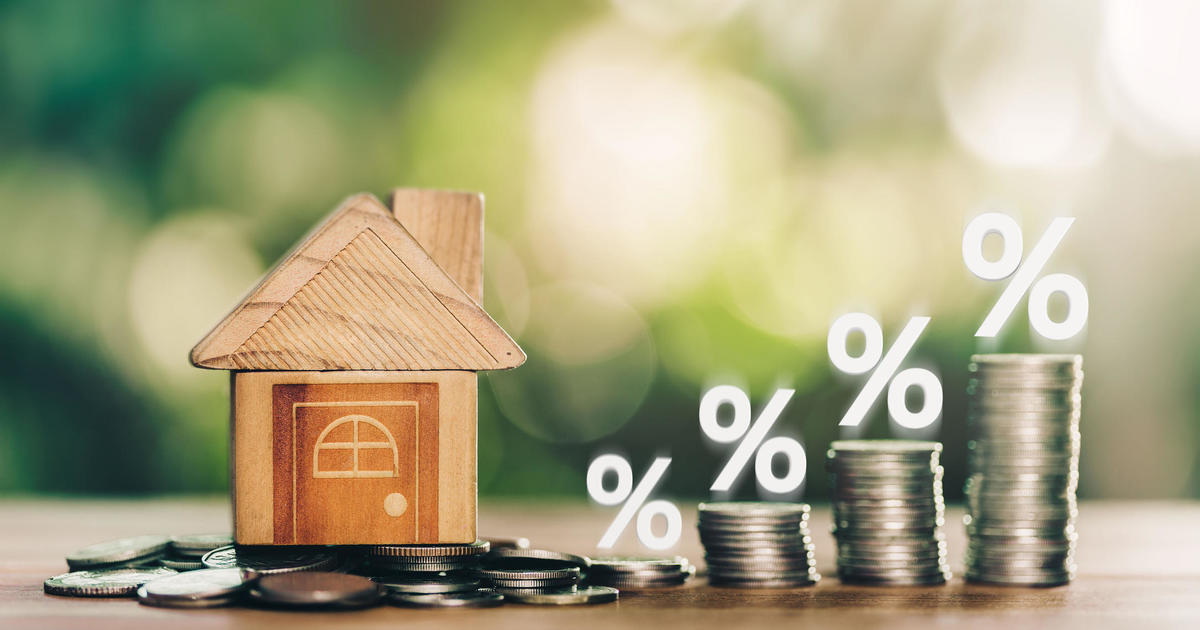Is China poised to surge or heading for trouble?
(MoneyWatch) With the U.S. economy showing signs of wear and recession spreading across the eurozone, much is riding on how China's economy fares next year. For now, however, getting a precise fix on that isn't easy.
Contradictory economic data coming out of China makes it hard to gauge if the country's slowing growth may make for a "hard landing" or if, by contrast, the People's Republic is poised for a rebound in 2013. One sign of trouble: Chinese exports last month were up a meager 2.9 percent over the year-ago period and were down sharply from 11.6 percent growth in October. Longer term problems include rising unemployment and income inequality, suggesting that government efforts to stabilize the economy are falling short.
On the credit side of the ledger, China's industrial output for November rose 10.1 percent year over year, according to the National Bureau of Statistics. That is the third straight month of robust production growth, with out up 9.6 percent in October and 9.2 percent in September.
Such positive readings track with signs of improvement captured by China's Purchasing Managers' Index, which offers a snapshot of manufacturing strength. In November, the country's PMI hit a 13-month high of 50.5 , according to a report this week by HSBC. Any number above 50 indicates an expanding economy.
- Report: Asian economies to be world's largest by 2030
- Canada OKs China's largest overseas energy acquisition
- U.S. economy faces year-end headwinds
However, rising factory output amid decreasing exports seems contradictory.
One factor that could explain China's increase in production and drop in exports is increased government spending on infrastructure. The government this year has approved $160 billion in spending on roads, bridges and other construction. It also has launched other initiatives to help the slowing economy, including cutting benchmark interest rates and easing banks' reserve requirements.
Yet while these steps may be boosting production statistics in China, there are concerns that they aren't doing much to bolster the broader economy. Despite the increase in manufacturing and infrastructure spending, for instance, prices for both coal and steel continue to fall in China.
Patrick Chovanec, business professor at Tsinghua University, thinks this is because the government has pumped so much money into the economy that many sectors have grown far larger than real demand can support. On Monday he tweeted that China's economic "rebound" is worrying because the renewed investment surge is creating overcapacity in the economy, noting that domestic and foreign demand for Chinese goods remains muted.
That overcapacity is not limited to manufacturing. Chonavec also says that if you count homes currently on sale as well as those under construction, it would take more than four years to sell off all the residential properties in China. And by that measure, housing likely represents the healthiest real estate sector in China. The country has an estimated 9.2 years' worth of commercial office space available for sale or under construction, and 8.8 years' worth of retail space.
This dwindling economic demand in China appears to be causing unemployment to rise. China's official urban unemployment rate is 4.1 percent. Li Keqiang, China's new prime minister, has admitted that many of China's economic statistics are generated to please government officials, and a new report suggests this may be one of them.
According to a survey by researchers from Texas A&M University and China's Southwestern University of Finance and Economics, urban unemployment rate is 8.05 percent, up a half-point from last year. More than a quarter of Chinese between the ages of 51 and 60 who are registered to live in their cities are out of work. Migrant workers have also been hard hit by the slowdown. Their unemployment rate is 6 percent, up from 3.4 percent a year ago.
At the same time, the gap between rich and poor is reaching potentially explosive levels. A new study by the Survey and Research Center for China Household Finance found that the nation's "Gini coefficient," a standard measure of inequality, was 0.61 points in 2010 and there have been two years of global economic slowdown since then (A figure of 0 would represent perfect equality, and 1 total inequality.) This is one of the highest gaps in the world, and well above what some analysts see as the warning Gini figure of 0.40.
The results of this inequality are already being felt. Sun Liping, a sociology professor at Beijing's Tsinghua University recently told Bloomberg that so-called mass protests incidents, including strikes, riots and other disturbances, doubled to at least 180,000 in 2010 from 2006.




